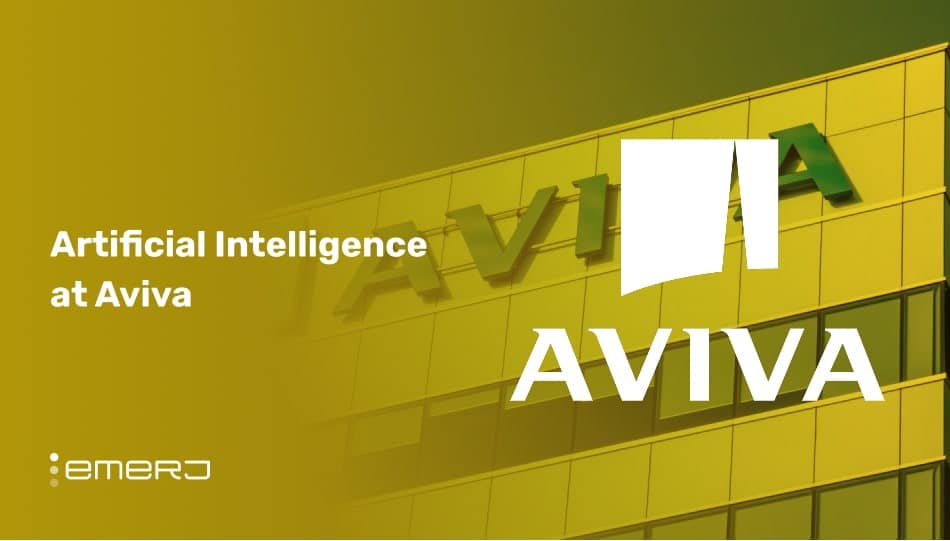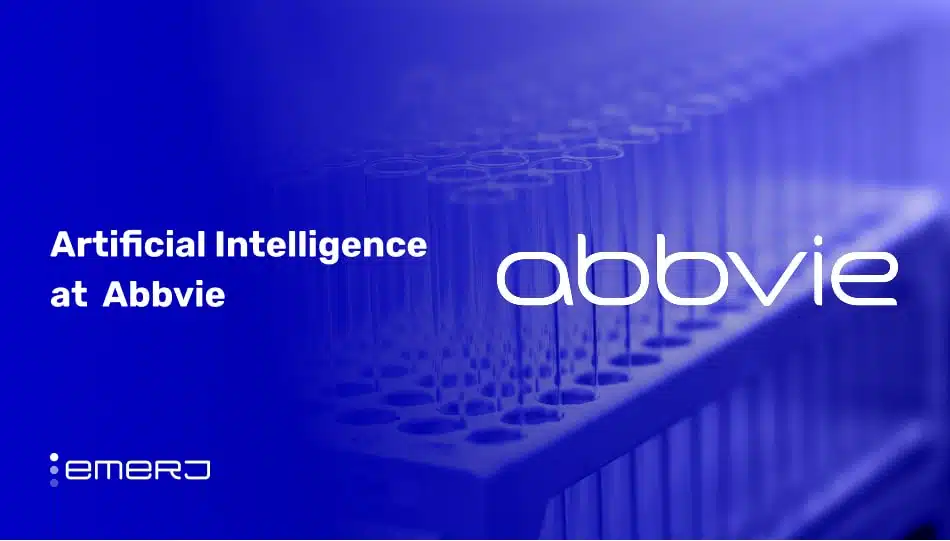AI applications for the insurance industry have certainly garnered a lot of press lately. We’ve previously covered such applications in the American and European insurance spaces. Countries in Asia such as China and Japan have large insurance industries and seem to have established national AI strategies.
In this article, we’ll take a look at some of the applications of AI and machine learning in the Asian insurance sector. We cover real-world use cases from B2B AI vendors that claim to offer AI solutions to insurance companies in Asia and AI projects initiated by the insurance carriers themselves.
We’ll run through uses cases from the following Ai vendors and insurance companies:
- Ant Financial offers a smartphone app called the Dingsunbao, which it claims uses AI to determine the payouts to policyholders for vehicle damage.
- IBM Watson offers the Watson software which can be used in claims adjustment.
- Ping An is a Chinese insurance firm that claims to have developed several AI technologies for use in automotive and health insurance.
We’ll start with a few insights up front pertaining to the use of AI in Asia’s insurance sector:
AI in the Asian Insurance Sector – Insights Up Front
It seems as though the most common applications for AI in the Asian insurance sector is the use of computer vision for automatic appraisals and the use of natural language processing, voice and speech recognition, to automate business process and make customer experiences better.
Ant Financial is one of the largest unicorn startups in the world and claims to have already worked with several Chinese insurance firms. Similarly, many Japanese insurers have announced AI projects with vendors such as IBM. Looking at the AI talent and the resources that Ant Financial and IBM have, it is highly likely that both use-cases mentioned here are relevant to real-world AI use.
AI vendors and large insurance firms in Asia seem to be developing software that can aid in business process automation in the insurance sector.
We’ll start our analysis of the state of AI in Asian Insurance sector with Ant Financial, the first of three vendor use-cases discussed in this report:
Computer Vision for Claims Adjustment
Ant Financial
Ant Financial is a subsidiary of the Alibaba group with over 3,000 employees. The company offers software called the Ding Sun Bao, which it claims can help insurance firms analyze vehicle damage claims faster than human staff using machine vision.
The company states the machine learning model behind the software was trained on images uploaded by users while filing auto insurance claims showing vehicular damage from various angles and in various lighting conditions. These images would have been labeled as based on the severity of the damage to the vehicle and also assigned a predicted value for the repair costs by insurance subject-matter experts.
These labeled images would then be run through the software’s machine learning algorithm. This would have trained the algorithm to discern the sequences and patterns of 1’s and 0’s that, to the human eye, form the image of a damaged vehicle as displayed in pictures from smartphones.
The user could then upload images of a car that has been in an accident that are not labeled into Ding Sun Bao. The algorithm behind the software would then be able to automatically compare the image to a dataset of labeled images of vehicle damage. The system then shows a human employee an assessment report of the vehicular damage including a possible pricing estimate for the cost of repairs.
We were unable to find a video demonstrating how Ding Sun Bao works.
Ant Financial claims to have helped several companies in the insurance industry collectively save over 1 billion RMB while simultaneously saving around 750,000 hours of effort that would have otherwise needed to be performed by human claims adjusters. That said, Ant Financial does not provide any statistics reporting the results for clients in the form of a case study.
Ant Financial also lists China Taiping, China Continent Insurance, Sunshine Insurance Group and AXA Tianping as some of their past clients.
Li Cheng is CTO at Ant Financial. He holds a Master’s degree in Computer Science from Shanghai University. Song Jiang is Senior Director and Chief AI Architect at Ant Financial. Jiang holds a Bachelor’s degree in Computer science from Nanjing University and has previously served in AI teams at companies like Microsoft and Baidu in China.
Claims Adjustment
IBM Taiwan
IBM offers the Watson cognitive computing platform, which it claims can help insurance firms automate business processes that were traditionally done by humans by analyzing and interpreting data in the form of unstructured text, images, audio and video. For example,
IBM worked with Japanese insurance firm Fukuoka Mutual to help them gather information needed to calculate insurance policy payouts by reading medical certificates and data on surgeries or hospital stays.
IBM claims their software can help insurance firms calculate how much policyholders should be paid out automatically. Traditionally, appraising a health insurance claim was done by human staff requiring large amounts of time and resources to do so. The IBM Watson explorer software is input with historical data such as medical certificates, patient’s medical history or previous surgical procedures and the length of hospital stays for each patient.
The data input to the software might be labeled by medical subject matter experts assigned an accurate number for how much was paid out for a policyholder. The software can then automatically help insurance firms identify how much each new policyholder might be paid, hugely reducing the time and cost involved in the task.
Below is a short 4-minute video demonstrating how IBM’s software might help insurance firms:
IBM claims to have worked with Japanese insurance firm Fukoku Mutual to help them read through medical certificates written by doctors and other documents to collect information necessary for making payouts, such as medical histories, length of hospital stays, and surgical procedure names.
According to a media post, the IBM software will help Fukoku automatically determine how much each policyholders need to be paid out accurately. In addition to determining payment amounts, the system might also help compare customers claims applications with original insurance contracts to discover any unique coverage clauses a measure expected to prevent payment oversights. Fukoku claims that before working with IBM, the firm had 132,000 cases of customer payouts in 2015 that AI software could have helped with.
The final payout decisions will continue to be made by human employees with the AI software augmenting their capability to read and analyze large amounts of medical certificates and procedural notes.
Fukoku Mutual claims that the software might help them cut down on the number of people required to read through medical certificates from 47 to 13. The insurance firm will spend about $1.8 million to install the AI system, and further maintenance of the system is expected to cost about $140,000 annually. Fukoku Mutual also claims that they expect to save $1.26 million every year.
IBM also lists Dai-ichi Life Insurance Co. and Japan Post Insurance Co.as some of their past clients.
We were unable to find the specific team in IBM that worked on developing Watson-based capabilities for the insurance industry.
Automotive and Health Insurance – a Variety of AI Capabilities
Ping An, one of the largest Chinese insurance companies, announced the company is embracing AI technologies to enhance their automotive, medical, and financial insurance processes.
Ping An Technology CEO Ericson Chan shared how AI is being used in automobile, medical, and financial areas at the Internet Economy Summit 2018. The company claims to have developed several AI use-cases including computer vision in auto insurance claims processing, predictive analytics for healthcare insurance and facial recognition in financial services.
Automotive Insurance
Ping An Technology claims they use AI to automatically assess vehicle damage claims. The company claims they collected millions of photos of damaged vehicles, including internal damaged parts, and used them to train its AI system.
For instance, if a customer’s vehicle was in an accident, the customer can log on to the Ping An app and upload images of the damaged car. Chan explained it as follows:
If your car got (into) an accident, you can simply use our app to take a photo of the damaged car, The photo is then cross-referenced with the company’s database of “millions of photos” to recognize the damage level of the car. Even before the car gets towed away, we can immediately reimburse the money back into the customer’s account
Disease Prediction and Forecast for Health Insurance
Ping An claims they are using AI to forecast outbreaks of infectious and chronic diseases such as the flu. The company claims they can use AI to forecast and predict disease trends for a specific region or population. For instance, Ping An claims their AI algorithms can forecast the risk of flu infection in different regions using inputs of claims applications given by users from their smartphone app. The insurance firm can then send alerts to customers warning them of the outbreak and giving them information about preventative measures.
Ping An also claims to be using AI to help with medical image reading for healthcare providers and auxiliary diagnosis and treatment services for patients. The company scanned and input thousands of historical X-ray images, such as lung nodule images to their AI software.
Based on the position, type, and size of lung nodules and combined with the medical history of the patient, the software can analyze the possibility of lung disease for a patient and provide treatment advice to doctors. Ping An claims their software can help doctors scan through x-rays that normally take 30 minutes for human staff. With the AI software, Ping An claims they can reduce this time to one second.
FRom 3:25 – 4:25) in the video below, Jonathan Larsen CIO at Ping An explains how the company is applying AI for the health insurance sector:
We were unable to find a video demonstrating how Ping An uses AI in its various operations.
Hongbin Wang is Senior Director of AI at Ping An. He holds a PhD in computer science, from Chinese Academy of Sciences. Previously, Wang served as Principal Team Leader and AI Consultant at Huawei Technologies.
Header Image Credit: Agent Branding System




















